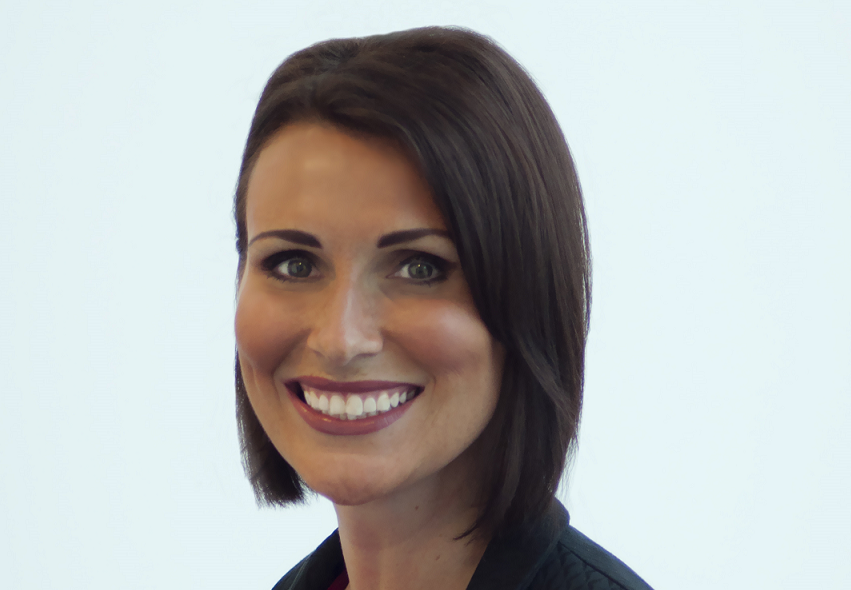Primis mortgage network has called on protection providers to help drive sales by simplifying policy wordings, being much clearer about what is and is not covered, and forming a collective industry approach to long Covid.
Chief operating officer Toni Smith and proposition director Vikki Jefferies spoke to Health & Protection about the network’s experience of the pandemic and views on the recovery.
Jefferies says the industry’s pandemic response has been impressive with large organisations moving to home working reasonably easily, and some excellent product enhancements.
She notes that providers have simplified products and are continuing to bring about greater innovation for the benefit of end-consumers – something the market really needs.
However, Jefferies (pictured) says that across providers there is still some distance to go in terms of policy wordings putting things into more understandable language.
She adds that insurers also need to think about what happens to the role of business development managers (BDMs) as things normalise.
“Brokers have got used to phoning a BDM and them picking up the phone. They are not on the Tube or train or in the car,” she says.
“Once you have given that level of service you have to maintain it. It will be interesting to see how that unfolds.
“The winners are going to be those who maintain that service as people start to get out and about again. They also need to keep listening to brokers on product development and to work with networks on efficiency.”
Smith sees a much broader shift, acknowledging there has never been such a global message about health, but agrees there is still work for insurers to do.
“Everyone can now identify with some elements of conversations about protection. They will know someone who has faced financial hardship or, at worst, bereavement,” she says.
“It is easier to start that conversation now, but we do need the providers to align themselves to say clearly what can be insured and what can’t as well as to simplify income protection.
“We need the providers to have an aligned approach to people with long Covid. This isn’t about market share but about looking after customers.”
Smith says that despite the network’s protection business levels growing year-on-year, she would love to double sales, because the need among customers and society remains so high.
She believes the firm’s protection academy came into its own during the pandemic educating advisers on protection selling skills while online events were held almost every day.
Soft skills and internal advocacy
Primis recruited more than 200 advisers into the network in 2020 to support its growth plans.
The network encompasses a range of businesses from large protection intermediaries and mortgage and protection brokers, all the way through to smaller firms and sole traders.
Jefferies continues: “We engage with protection at every level, we tailor make our activity and engagement to meet these different groups and we have really high-level support with our protection experts.
“We have regular meetings with providers where we have our top guys sharing product development ideas and what they feel will and won’t work.
“On the back of recruiting a high volume of advisers, we have developed a protection academy that teaches them absolutely everything, the basics of a client meeting, what protection is about and the technical skills. In between we help develop people’s soft sales skills and further technical work.
“We use a lot of advocacy from within the business to share experience and share best practice,” she adds.
The network has hosted events nearly every day during the pandemic, not just about skills, but to share information about what providers were doing and what was happening about GP reports, for example.
Jefferies credits the network’s large footprint in protection to three elements. First is its toolbox technology and more general efficiency of process.
“We always have a view of how a client is progressing, which helps in terms of the protection conversation. That removes the barriers to selling protection,” she says.
The next element is education.
“We have around 70 lenders on panel and 10 protection providers – how do you remember and record those criteria?” she continues.
“I have complete admiration for the professionalism of advisers who remember those criteria and tailor them to a client’s circumstances. But as a network we have a big responsibility to support that education.”
And third is embedding protection culture within the culture of the business. “In our view it is not right that clients aren’t protected. We have many different solutions across the network, but we also see it as a moral obligation,” she adds.
The realities of not being protected
Smith says there is lots more the network plans to do and notes the mortgage market is incredibly busy at present.
“We don’t expect every firm to sell protection alongside a mortgage; it’s not always needed if protection is already in place; but we do expect protection to be talked about at every single meeting and to be considered,” she says.
“And if you are not going to sell it yourself, we want you to find someone else who will.”
“I would like to see us double what we do in protection and we truly believe that every broker should be approaching their client conversations with the mindset of ‘every pound of lending is a pound that needs protecting’.”
Smith says the firm will do what it can as a network, but that she wants the providers to do more as well.
“It is the most under-talked about product in what you might call general consumer land. We need to talk about the realities of families being not being protected or underprotected far more as a society,” she concludes.
